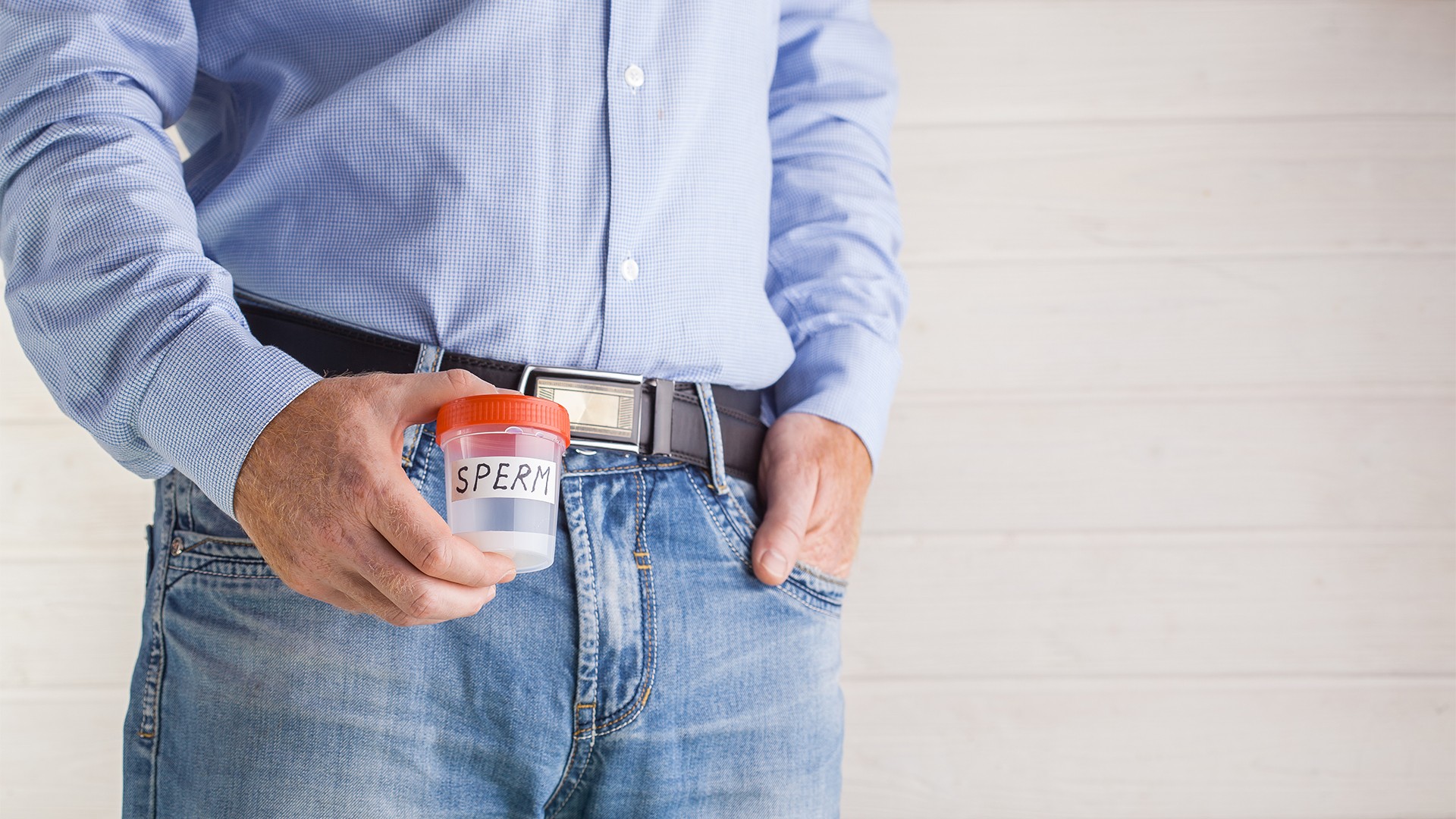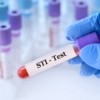Regardless of your reason for using donor sperm, choosing the right donor can be both an exciting and daunting process. It can also vary greatly depending on where you live and the legislation of your country.
Whether you’re browsing donor profiles at international sperm banks or approaching friends or family who might be willing to help, we share 8 crucial tips for finding the right donor for you.
How to Choose a Sperm Donor
Before you dive headfirst into choosing a donor, follow our checklist to avoid making the wrong decision in haste.
-
Check the laws of your country
Sperm donation is carefully regulated, and it is important to understand which laws apply to you. You may be able to choose between donors who can be contacted by your child when they turn 18, and donors who your child would be unable to trace in future.
If you choose home insemination using a known donor rather than fertility treatment at a clinic, it is also important to check the implications for both partners once a child is born. Make sure you’re clear about who will be entitled to parental responsibility, who can be named as a parent on the birth certificate, and whether the partner who does not give birth will need to formally adopt the child.
-
Consider anonymity
Choosing an anonymous donor means your child will be unable to trace their donor. Alternatively, you may prefer to select a donor who is open to being contacted after your child turns 18.
None of us can predict the future, but some children become curious about their origins or genetic background as they grow up, while others feel no need to know anything about their donor.
-
Known vs unknown donor
If you order sperm through a sperm bank you will receive information on your donor, but they will not be someone you know personally.
Some people instead choose to find a known donor. A man who is infertile may ask his brother to act as a sperm donor, for example. This appeals to some couples, especially if it is important that their child shares both their genes.
Others may seek an altruistic sperm donor. The donor provides a semen sample to help someone else start a family, often via artificial insemination at home. This commonly occurs by private arrangement, and you must be sure that all parties agree on responsibility for any children conceived. Taking legal advice and drawing up a contract beforehand may be necessary.
-
Physical characteristics
You may like to select the right donor based on eye color, hair color, skin tone, height, build or any other physical characteristic.
Your choice may be based on the appearance of other male family members so that your child looks like you, your partner or other relatives. Alternatively, a single woman may choose a donor who has similar characteristics to those she might usually look for in a partner.
-
Personality traits
If you use a sperm bank, each donor has a profile to help you learn more about his character, reasons for donating, career aspirations, personal interests and values. This may help you choose the donor who feels ‘right’ for you.
-
Overall health
Using a sperm bank provides reassurance that sperm donors have undergone extensive testing to check for serious genetic conditions, sperm abnormalities or infections. In fact, only the healthiest and most dedicated men who begin the donation process are successful in becoming sperm donors, with just 4 in 100 potential donors having samples frozen and released for use.
Reading a donor profile provides information on the donor’s health history, as well as that of their siblings, parents and grandparents. From eczema to arthritis, you can find out about important health conditions that could be passed down to your child.
If you use a private, known donor, they are unlikely to have undergone such comprehensive health screening. You will need to have an honest discussion about their health, the health of their family, and check that they have had a sexual health screen before you start trying to conceive.
-
Availability
If you plan to purchase donor sperm from a sperm bank, check how many straws are available. It can take several treatment cycles to conceive, and your clinic will be able to advise you on how many straws you might need.
If you hope to try for a genetic sibling in future, it is wise to buy extra straws in advance to ensure you will have enough left for subsequent treatment cycles.
-
Sperm quality
When using a sperm bank, the quality of each sperm sample will be assessed and reported. Sperm banks only accept donors with high quality semen.
If you use a known donor, you may wish to learn more about their sperm before trying to conceive. Your donor can complete a YO Test to check the motility of their sperm, and compare it to other men who have fathered children. This may provide encouragement about your chance of conceiving via artificial insemination at home.
Final Thoughts
Choosing the right sperm donor often comes down to personal preference. Just as we all have different ideas about what makes a good partner in terms of appearance, personality and health, the same is true when selecting a sperm donor.
Make sure to also consider how you feel about anonymity and semen availability, as well as any legal restrictions before making your final decision.
To learn more about using a YO Test at home, see our range of products here.







